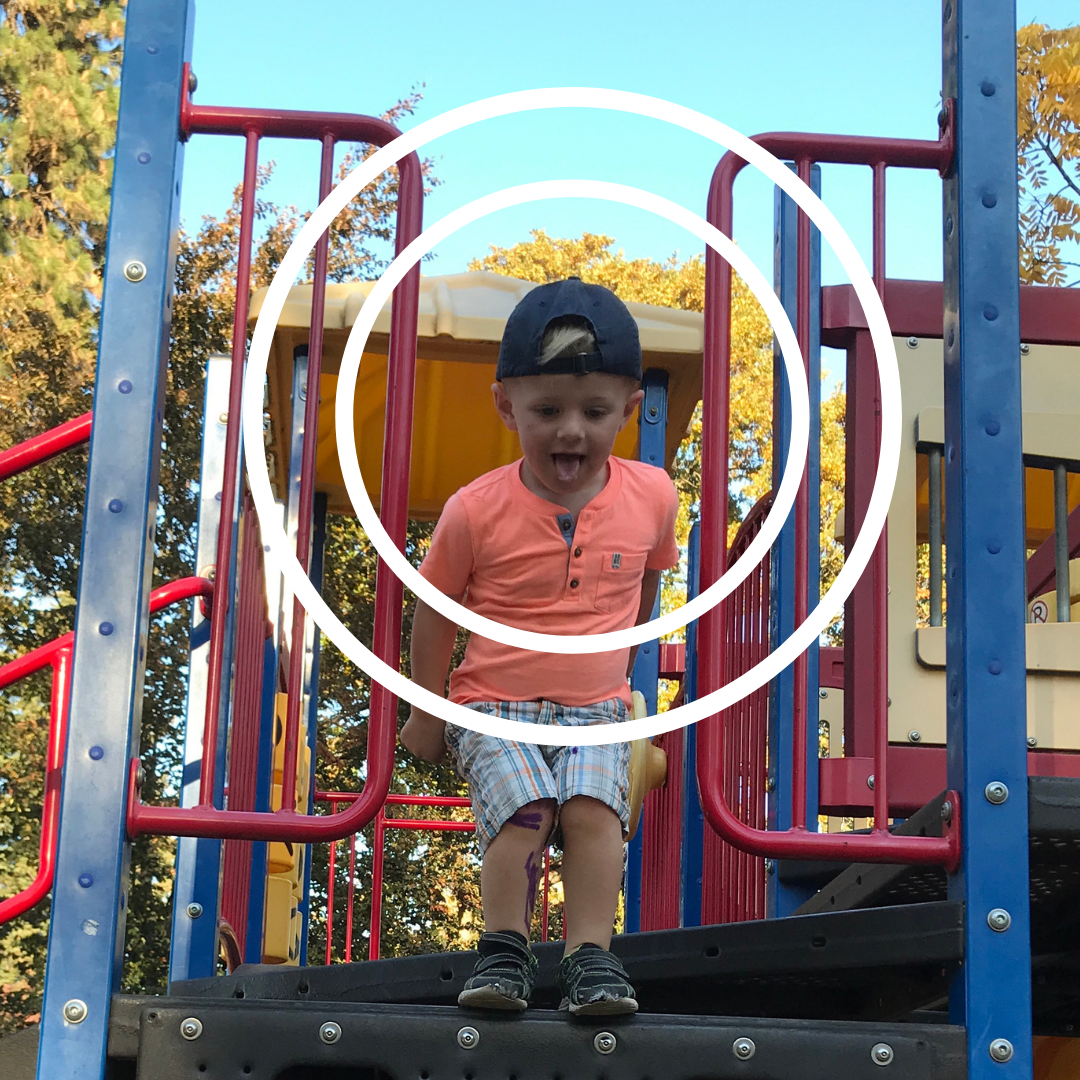Can you see it? Look at his eyes.

It’s the confidence that comes from consistently surfing the edges of what seems safe, knowing that the true adventure lies not at the precipice, but in the weightlessness of the free fall.
It’s the understanding that safety is not a desirable destination.
What you see in his eyes is what I saw in the eyes of Amy, the Pastor of Justice and Mission at an evangelical church in Bend, OR, as we conspired a community-wide conversation about faith and politics.
As a practitioner, she’s spent the last several years following Jesus away from the seductiveness of safety and closer to a fuller, more alive and restorative way of life. It’s a journey that’s required her to interrogate her evangelical theology, get acquainted with her privilege, diversify her learning channels, intentionally displace herself, and get proximate to the pain in her own neighborhood. Along the way, she’s discovered that Christian faithfulness requires solidarity and that solidarity demands that she rebel against the idol of safety.
Because she’s built a habit of precipice surfing and free-falling into the restorative adventure, the things that once would have required severe courage are becoming second nature and urgent.
It was courage that initiated our conversation and her invitation to help her community imagine Christian faithfulness within our current, politically polarized milieu.
With the look worn only by those who choose bravery over safety, she imagined with me an afternoon with her faith community that would explore immigration as a central theme of the Scriptures, a history of racism in the state of Oregon, and a measure on this November’s mid-term ballot that, if passed, carries devastating implications for both communities of color and law enforcement.
I was inspired…and, with ever a mischievous grin, I reminded her that evangelicals typically “don’t get political.”
The roll of her eyes said enough. She was ready to expose the hypocrisy of that sentiment, challenge her community’s allegiance to partisan politics, and initiate the kinds of learning journeys that would equip and mobilize them to engage our divided world in restorative ways.
Days later, the room filled with white evangelicals. They were Democrats and Republicans. Wealthy and poor. Activistic and apathetic.
All of them had different looks in their eyes. Anxiety. Wonder. Bravery. Cynicism. Fear. Hope.
The opening invitation was to identify ones partisan allegiance and then to audit it next to Paul’s challenge to the Philippian community not to embrace dual citizenship (Heaven and Rome), but to live as Kingdom citizens within the context of the Roman Empire. We wondered aloud about what would happen if, for 90 minutes, we each suspended our partisan preferences and imagined a world where the life and teachings of Jesus actually set our course.
We identified the Bible as a migrant manual written by a migrant people and then, we explored immigration through the lenses of the cross and across the meta narrative of the Scriptures. In so doing, we discovered the realities that we’re all foreigners, that power convinces us all to forget our migrant experiences, and that hospitality to the foreigner is not merely a moral decision…but a defining mark of the covenant people.
From there, we entered into a history lesson of Oregon and recognized that, from its very inception, our nation’s 33rd state has been a great experiment in white supremacy. From before the formal establishment of Oregon, Euro-Americans, under the “Christian” promise of “Manifest Destiny,” through the ruts of the Oregon Trail, and behind the bullets of military might, stole land from our indigenous relatives, outlawed peoples of color from living within our boundaries, interned Japanese American citizens, and used, incarcerated, and then, ultimately, deported migrant labor.
The oppression of communities of color crescendo’d until 1987 when a bi-partisan law was passed outlawing racial profiling by law enforcement. No longer could our local police and sheriffs harass peoples of color because of the level of melanin in their skin. No longer could they collaborate with federal immigration officials in sweeping deportation raids of migrant neighborhoods.
For 30 years, this law has dramatically curbed racial profiling, better empowered local police to do the work of serving and protecting all inhabitants of Oregon, and paved the way for a fragile trust to begin building between communities of color and law enforcement. On Oregon’s current ballot, Measure 105 seeks not to improve this law, but to remove it all together. If passed, Oregon returns to its legislated habits of racism, bigotry, and xenophobia that it was founded upon.
The room suddenly found itself in a “political” conversation.
Through theological rather than partisan lenses, we were engaging in real talk about the history of legislated oppression, bi-partisan policy-making, the role of law enforcement, and faith as political activism. Because we had just explored a Jesus who stood and stands diametrically opposed to any and every system that crushed people, anxious evangelicals become agitated toward justice.
And that’s when the real training began.
Everyday peacemakers aren’t merely invited to agitation…we’re called to become non-violent disruptors of the pseudo peace of the status quo. Like Jesus, our work involves interrupting, renovating, and replacing power systems that benefit a few at the expense of many. You see, while November 6th is on it’s way…and there is work to be done on November 6th…so is November 7th .
The question posed to a room of agitated evangelicals that afternoon and that I now pose to you is this: How will you move from disconnected proximity to solidarity in your city come November 7th?
What I saw in the eyes of those in the room in that moment reflected what I had observed in Amy’s just days before. If this group of white evangelicals dares to follow Jesus beyond the precipices of safety and good intentions, then heaven and earth will be woven together just a bit more in my city.